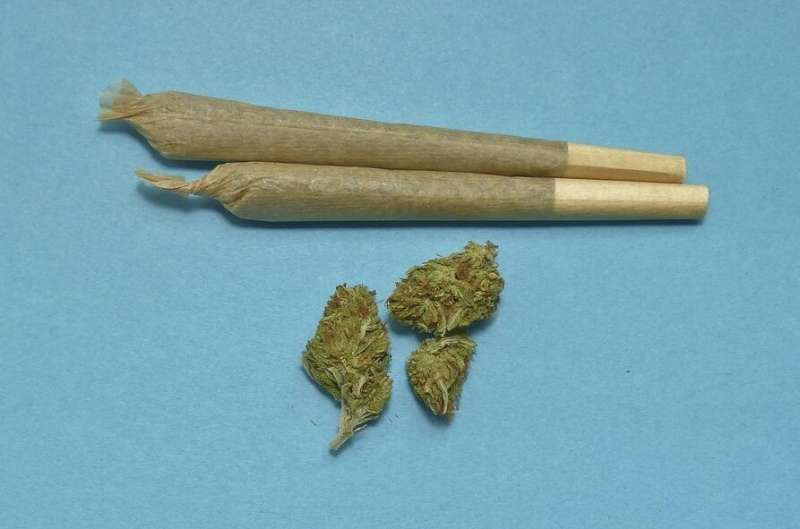Emerging efforts by states to decriminalize possession of most controlled substances

Seven states now have one or more pending bills that would decriminalize personal possession of all or most controlled substances, according to new legal data published to LawAtlas.org by the Center for Public Health Law Research at Temple University's Beasley School of Law.
Oregon's Measure 110, approved in November 2020, reclassified personal possession of all controlled substances from a criminal to a civil violation. Since then, Kansas, Maryland, Massachusetts, New York, Rhode Island, Vermont, and Washington have introduced bills that are pending as of March 15, 2022, that would decriminalize possession of most or all controlled substances. Legislators in Maine introduced a bill in 2021 that failed.
"Criminalization of drug possession drives considerable racial disparities and health inequities, leaving people charged with and convicted of criminal drug offenses facing devastating collateral consequences, including eviction, unemployment, loss of the right to vote, and deportation," said Kathleen Moran-McCabe, JD, a special projects manager at the Center for Public Health Law Research and the supervisor on this project. "It's encouraging to see states attempting to address these issues through new legislation, however slow."
Research suggests that the criminalization of drug possession costs billions of dollars, and that decriminalization would not significantly increase drug use rates.
In addition to decriminalizing personal possession of all controlled substances, Oregon's law allocated funding for community-based organizations to engage in substance use treatment and harm reduction initiatives.
The pending state bills would either amend existing laws, or establish new laws reducing the violation to a civil offense. Bills in Kansas, Maryland, Massachusetts, New York, Vermont, and Washington also all include referrals to drug treatment or mental health services.
The data were created with support from the Robert Wood Johnson Foundation using the Center's novel approach for capturing emerging laws and policies of public health significance, called sentinel surveillance. The method establishes the foundation for potential future policy surveillance datasets and provides a picture of the legal landscape and movement of these legal approaches more quickly across jurisdictions and over time.
More information: Temple University Center for Public Health Law Research. Sentinel Surveillance of Emerging Drug Decriminalization Legislation. April 27, 2022. lawatlas.org/datasets/sentinel … lization-legislation




















